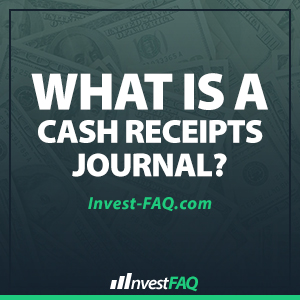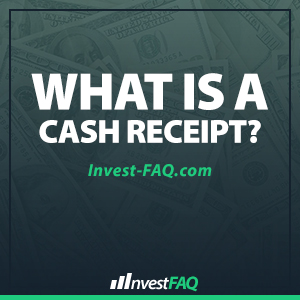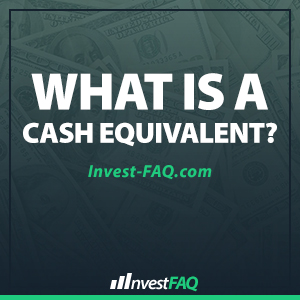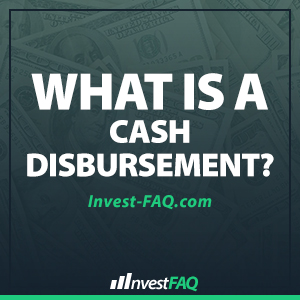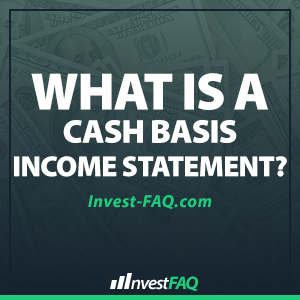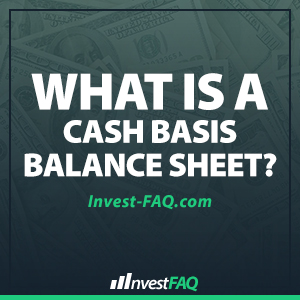Cash Reconciliation Cash reconciliation is the process of verifying the amount of cash held in a company’s cash account at the end of a financial period matches the amount shown in the company’s bank statement, after accounting for all inflows and outflows of cash. This procedure helps ensure accuracy in financial records by identifying discrepancies
Tag: Investing & Finance Glossary Terms: C
What Is a Cash Receipts Journal?
Cash Receipts Journal A cash receipts journal is a dedicated accounting ledger used by businesses to record all cash inflows. This specialized journal chronicles transactions where cash is received, including sales made for cash, customer payments on accounts receivable, loans received, and any other sources of cash. The cash receipts journal serves as a crucial
What Is a Cash Receipt?
Cash Receipt A cash receipt is a document or electronic record that acknowledges the receipt of cash or cash equivalent from a transaction. It serves as proof of payment made by a customer to a business for goods sold or services provided and is essential for tracking the inflow of cash into the business. In
What Is a Cash Generating Unit?
Cash Generating Unit A Cash Generating Unit (CGU) is the smallest identifiable group of assets that generates cash inflows largely independent of the cash inflows from other assets or groups of assets within an organization. It serves as a basis for assessing and measuring the recoverable amount of assets, especially when individual assets do not
What Is a Cash Flow Hedge?
Cash Flow Hedge A cash flow hedge is a risk management strategy used by businesses to protect against the variability in cash flows that can result from fluctuating interest rates, foreign exchange rates, or commodity prices. This type of hedge involves using financial instruments like futures, options, or swaps to offset potential losses or gains
What Is a Cash Equivalent?
Cash Equivalent A cash equivalent is a short-term, highly liquid investment that is readily convertible to a known amount of cash and is subject to an insignificant risk of changes in value. Typically, these include treasury bills, commercial paper, money market funds, and short-term government bonds with original maturities of three months or less. Businesses
What Is a Cash Discount?
Cash Discount A cash discount is a reduction in the invoice price offered by sellers to buyers as an incentive for early payment within a specified period. This discount aims to accelerate cash inflows, encourage timely payments, and reduce credit risk. Cash discounts are a strategic tool used by businesses to improve their cash flow
What Is a Cash Disbursement?
Cash Disbursement A cash disbursement is any payment made by a business in cash or cash equivalents, including electronic transfers, checks, or money orders. It encompasses all cash outflows from a company, covering expenses such as payroll, supplier payments, rent, utilities, and any other purchases or expenditures made in the course of business operations. Cash
What Is a Cash Basis Income Statement?
Cash Basis Income Statement A cash basis income statement is a financial report that records revenues and expenses based on actual cash transactions during a reporting period. Unlike the accrual basis income statement, which recognizes income when earned and expenses when incurred, the cash basis method only includes transactions when cash is received or paid,
What Is a Cash Basis Balance Sheet?
Cash Basis Balance Sheet A cash basis balance sheet is a financial statement that presents the assets, liabilities, and equity of a company under the cash basis accounting method. This method records transactions only when cash is exchanged, meaning revenue is recognized upon receipt, and expenses are recognized when paid, differing from accrual basis accounting


